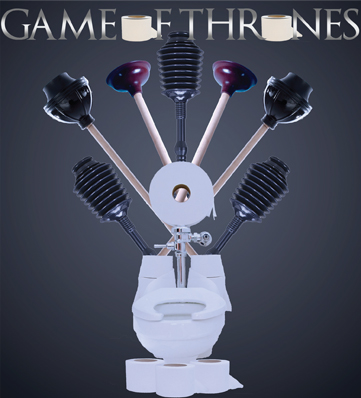As part of Civics Week, there will be a public debate regarding whether formal prayer should be allowed in public schools.
The debate will be held tomorrow, April 19 in the auditorium of the music building (building 25) on campus.
The fact that such a small community college would host a debate on such an issue is a testament to the controversy which surrounds the role of religion in society today, and in particular, how closely church and state should be separated. In fact, SFCC has among its clubs two groups which represent opposite sides of this controversy, the SFCC Christian Fellowship and the Secular Society.
“Personally, I believe God is a big part of education,” said Hector Torres, president of the Christian Fellowship. Torres believes that education today would benefit from de-secularization. In particular, he believes it would benefit from prayer in school.
However, Torres also believes that the government should be indiscriminate when it comes to which religion it allows in schools.
“I don’t believe that the government or publicly funded schools should support any one religion, because that would obviously be favoritism and we live in a country of religious freedom.” said Torres.
“Every religion has to coexist peacefully. I kind of think about it as if you were playing a sport. Truth is that you’re very much into your game and you would do anything to win, but if you have a spirit of constant rivalry and competition, you are not going to be a good player. I think it mostly boils down to people and groups of people choosing to deal with things in a mature way.” said Torres
The president of SFCC’s Secular Society, Jackson Marchant, quoted the ruling of the supreme court case “Engel v. Vitale” (1962), which states that “Any kind of prayer composed by public school districts, even nondenominational prayer, is unconstitutional government sponsorship of religion.”
Another court case, however, “Wallace v. Jaffree” (1985), said that a moment of “pure silence”, with no bias in favor of prayer or any other mental process, would be constitutional.
“Prayer is a personal enterprise, the very core tenets of prayer isolate you from the person next to you because they appeal to a higher authority… when in fact you should be taking responsibility into your own hands,” said Marchant. “Essentially, you are talking to yourself.”
Marchant believes that atheists and agnostics would be disenfranchised because it would ultimately result in a lack of critical thinking and personal accountability.
“Secular education in the liberal arts benefits people by promoting critical thinking. It promotes science and the habit of asking questions, which is a skill that enables citizens to act intelligently and deal with the world rationally, objectively.” said Marchant. “If prayer were encouraged, then that would be the wrong kind of education.”
Audience members will have a chance to participate in several brief Q&A sessions with each of the debaters between sections of the debate. At the conclusion of the debate, audience members will vote for the winner of the debate by choosing which of two doors they exit as they leave the auditorium.

